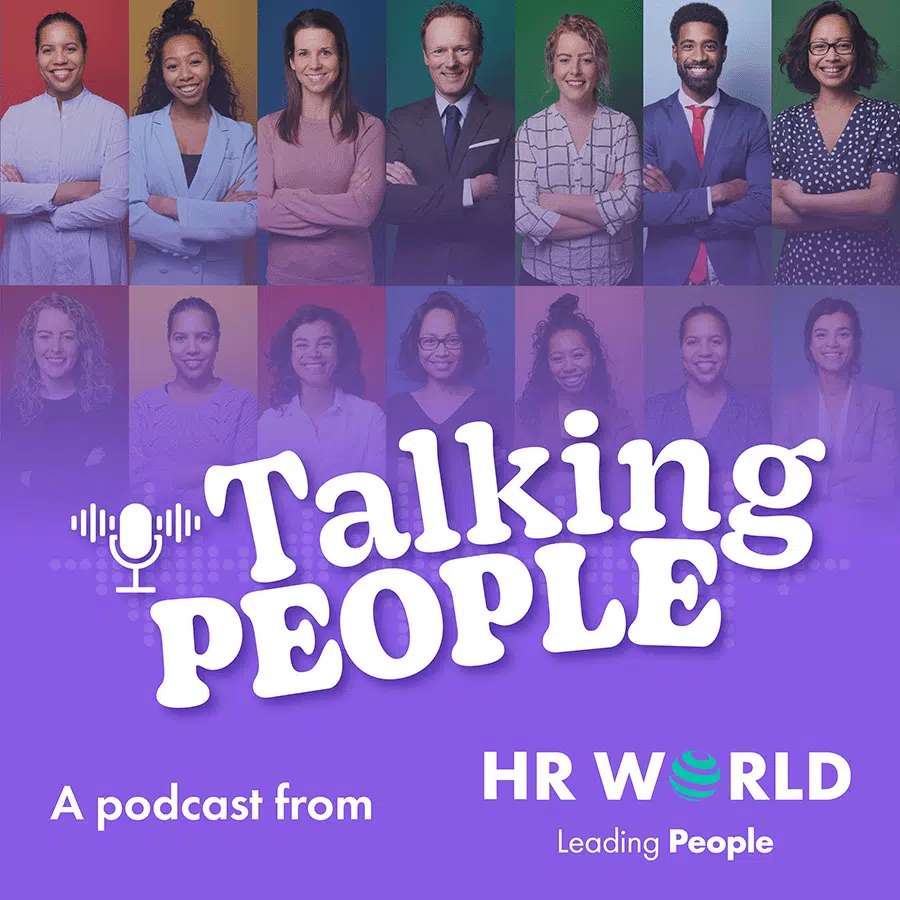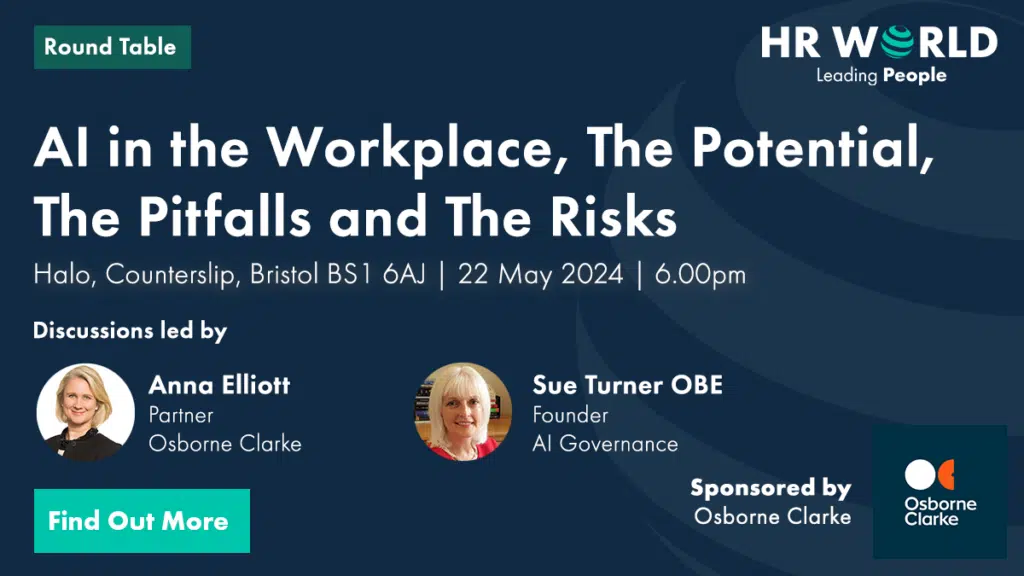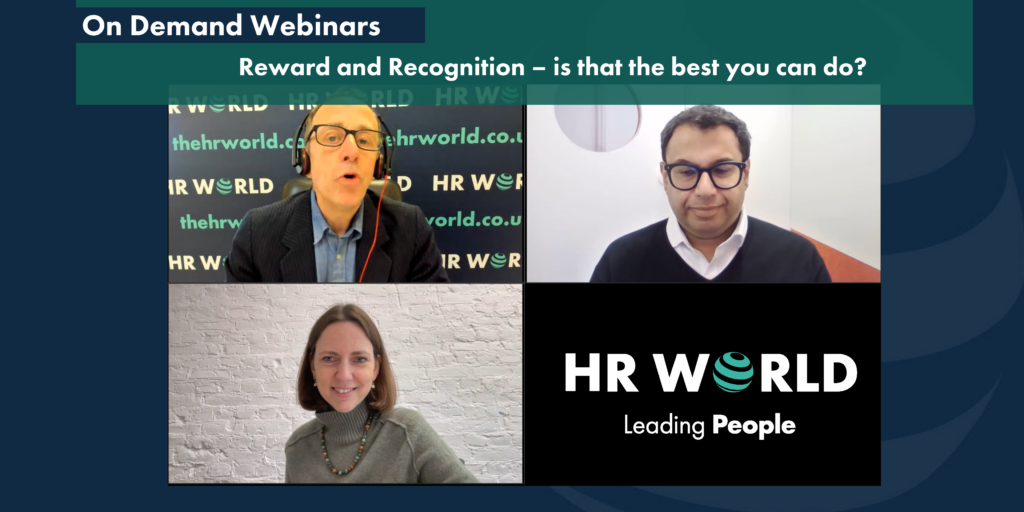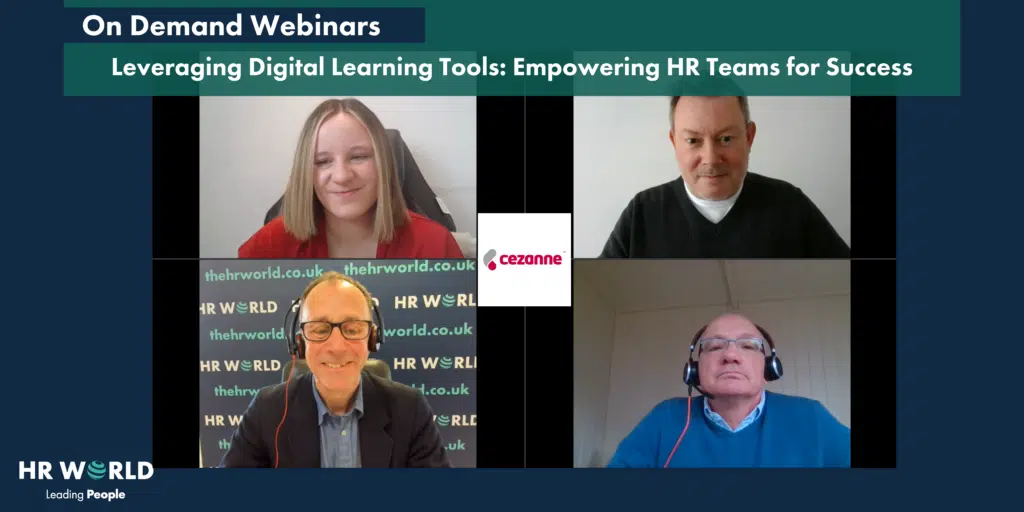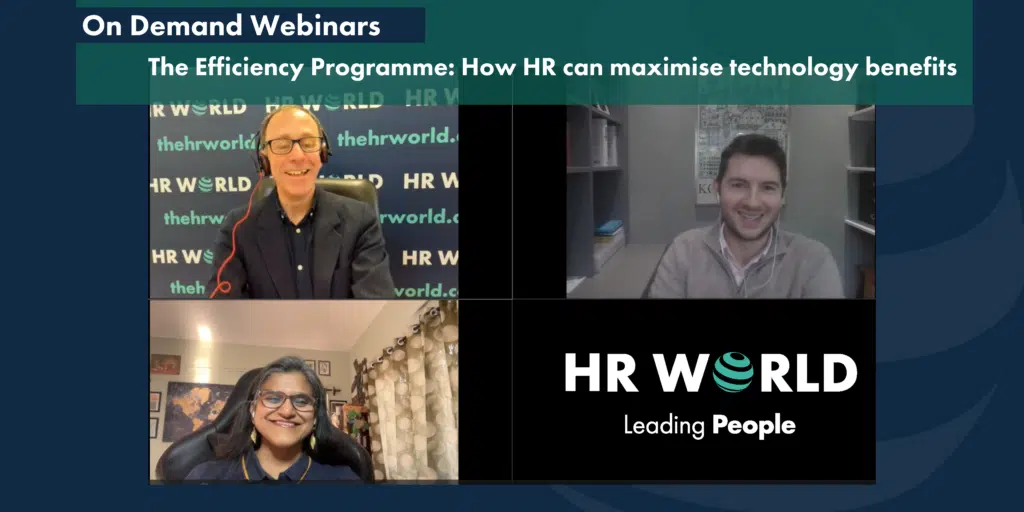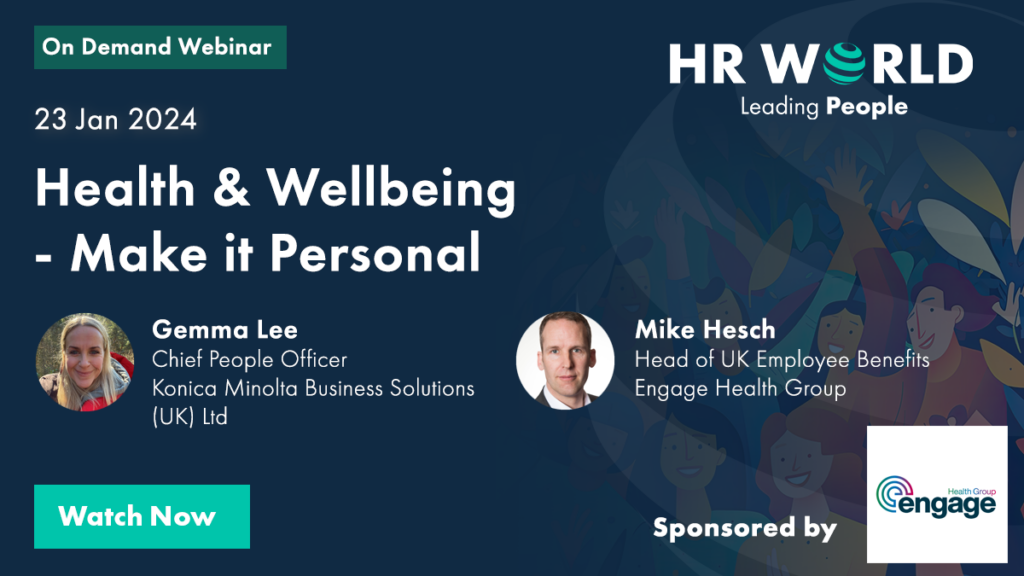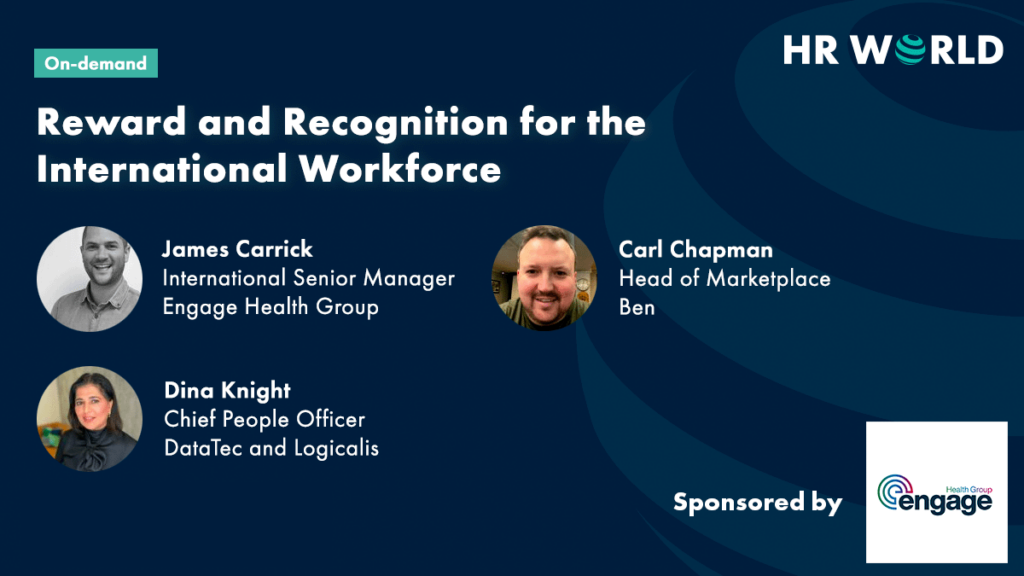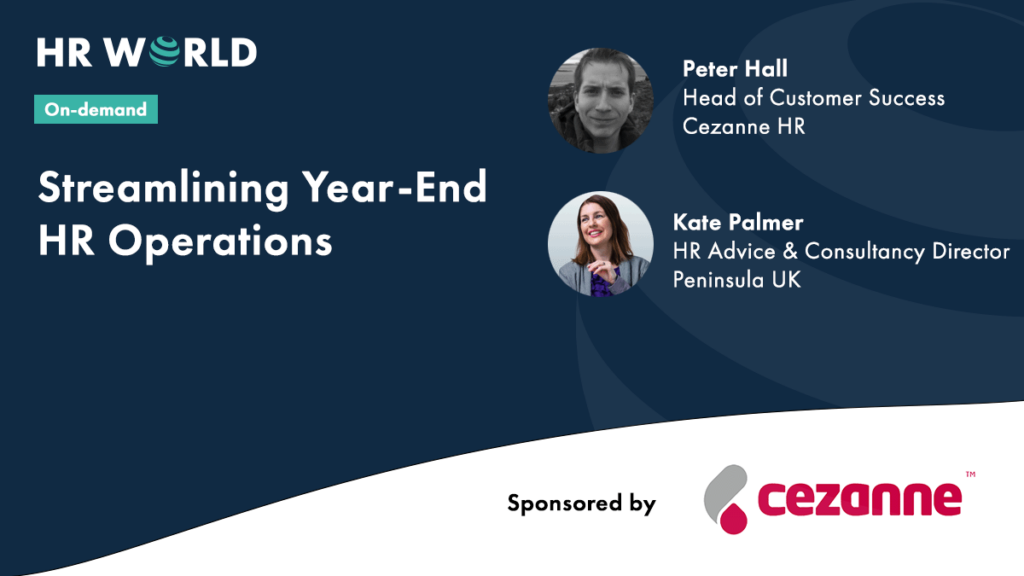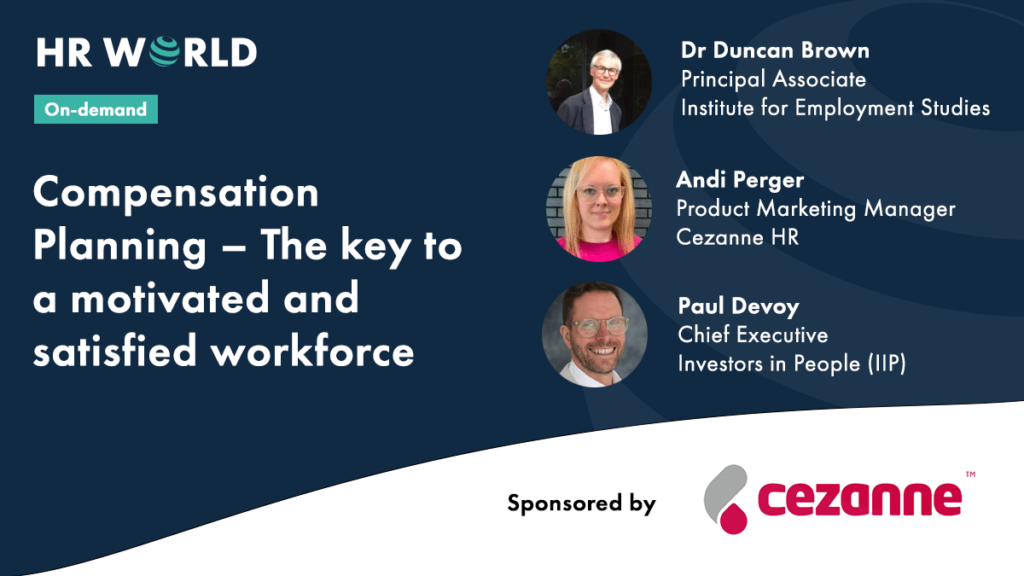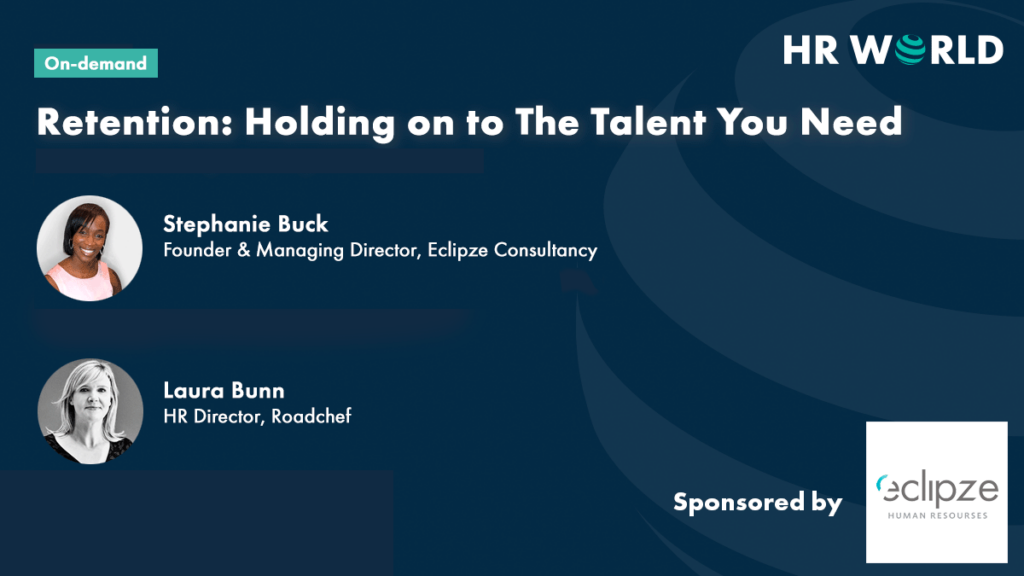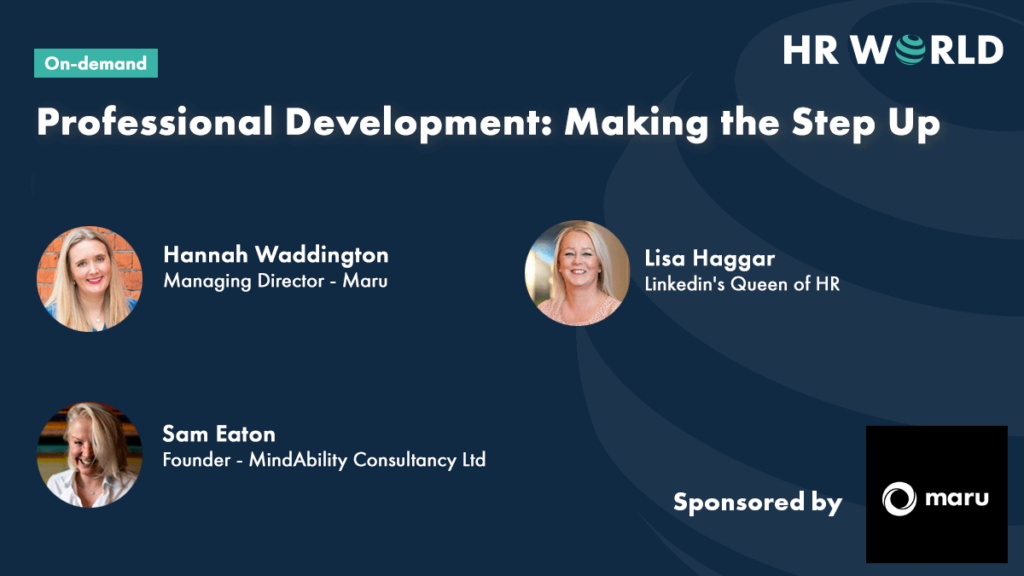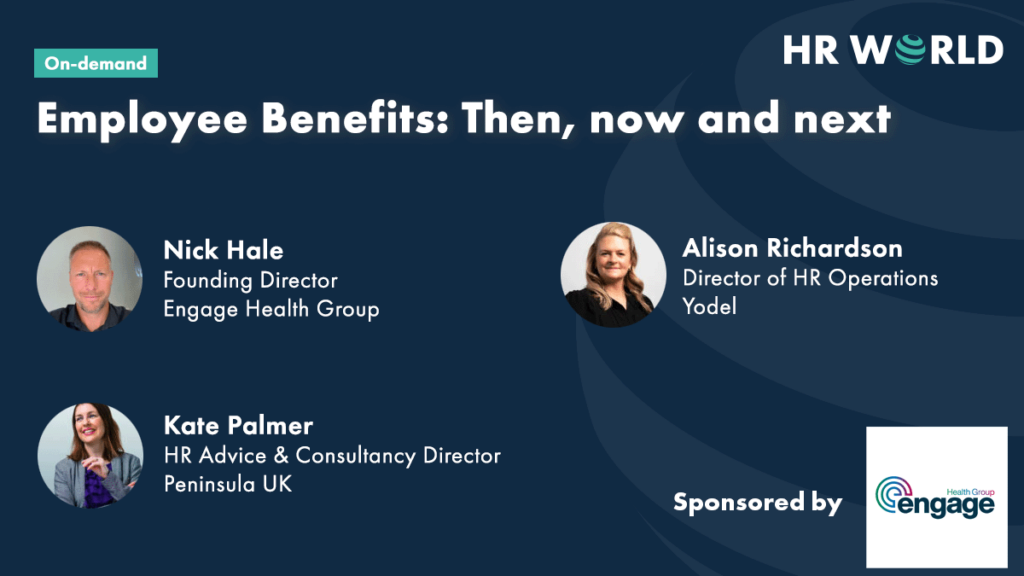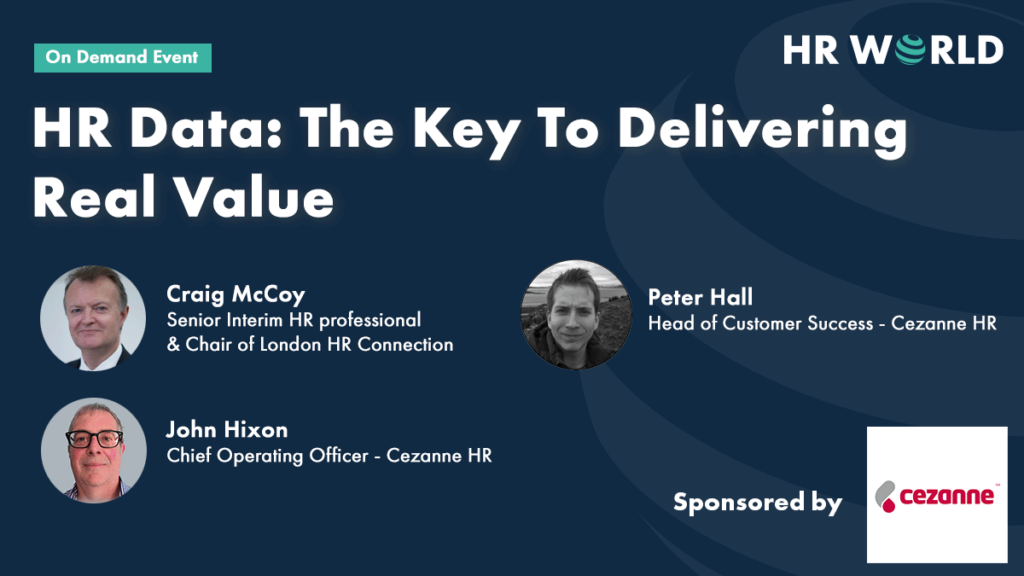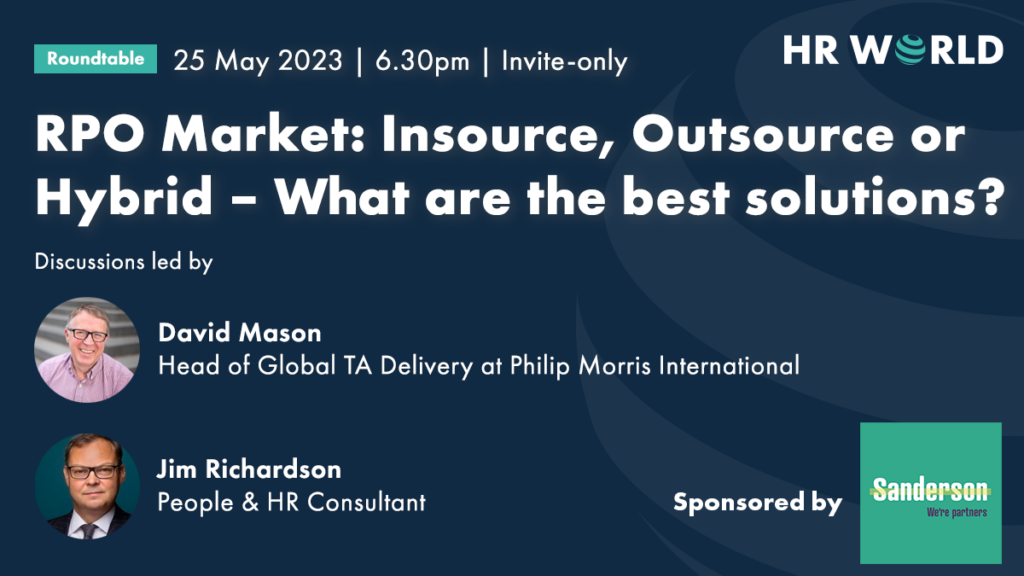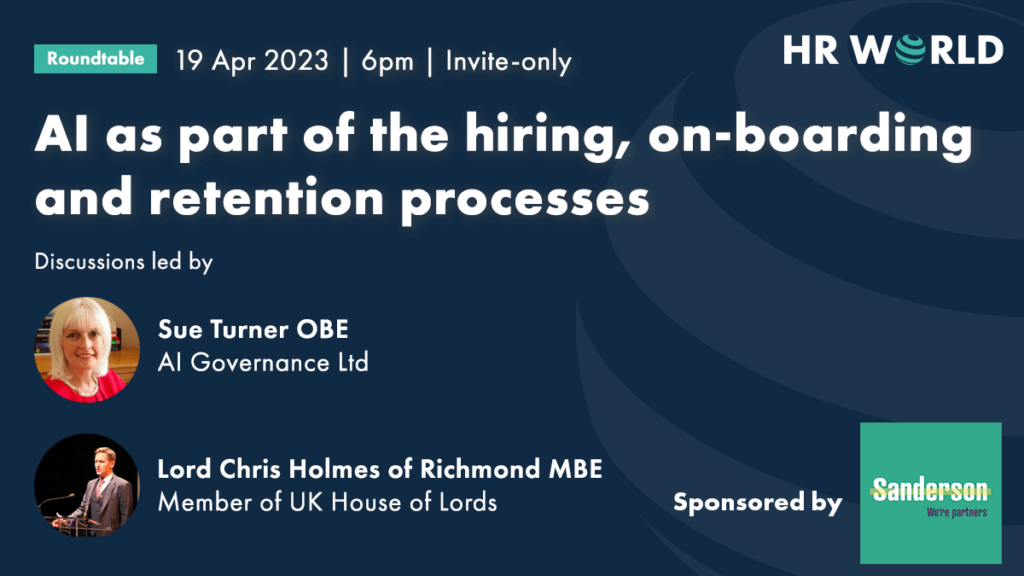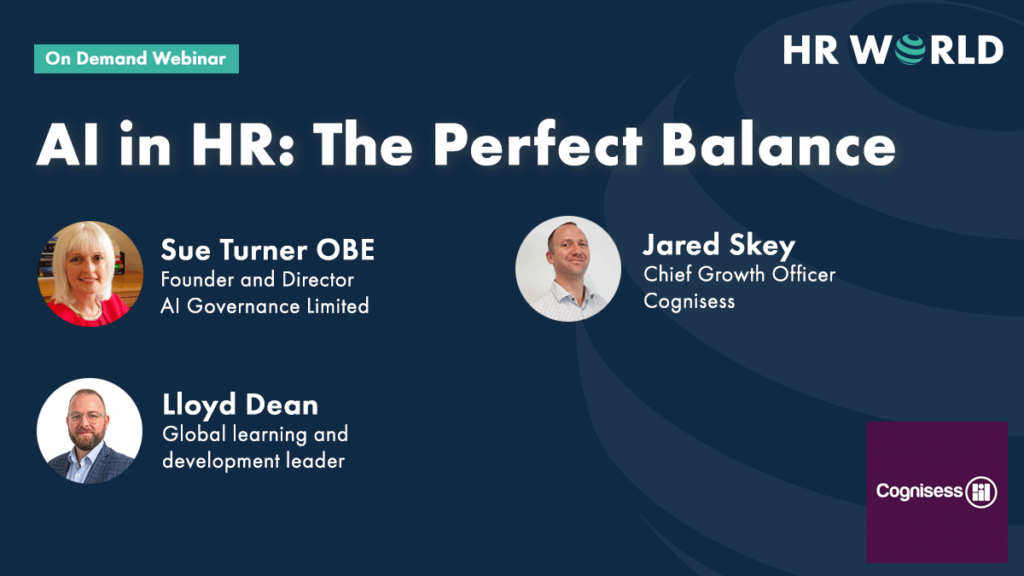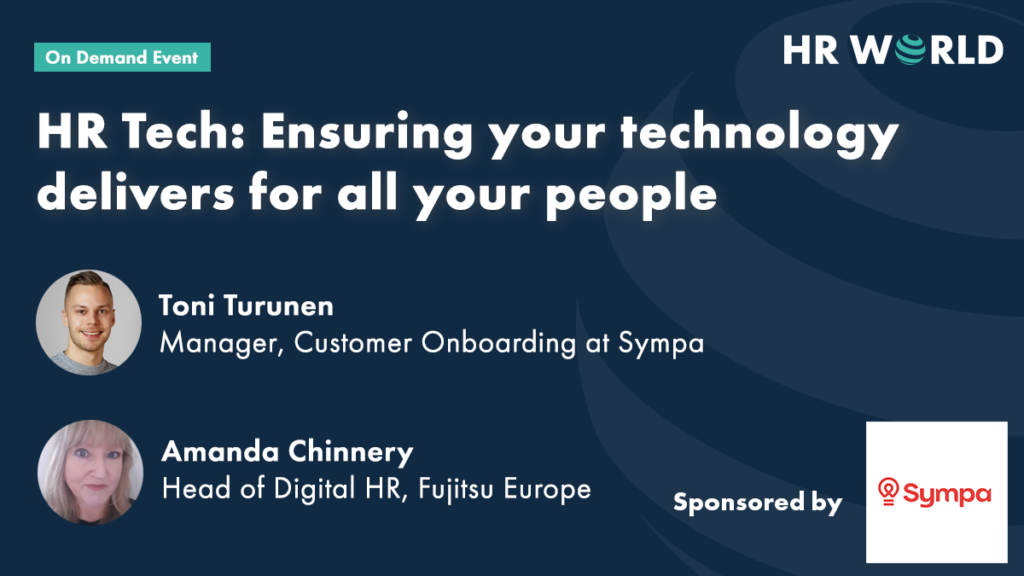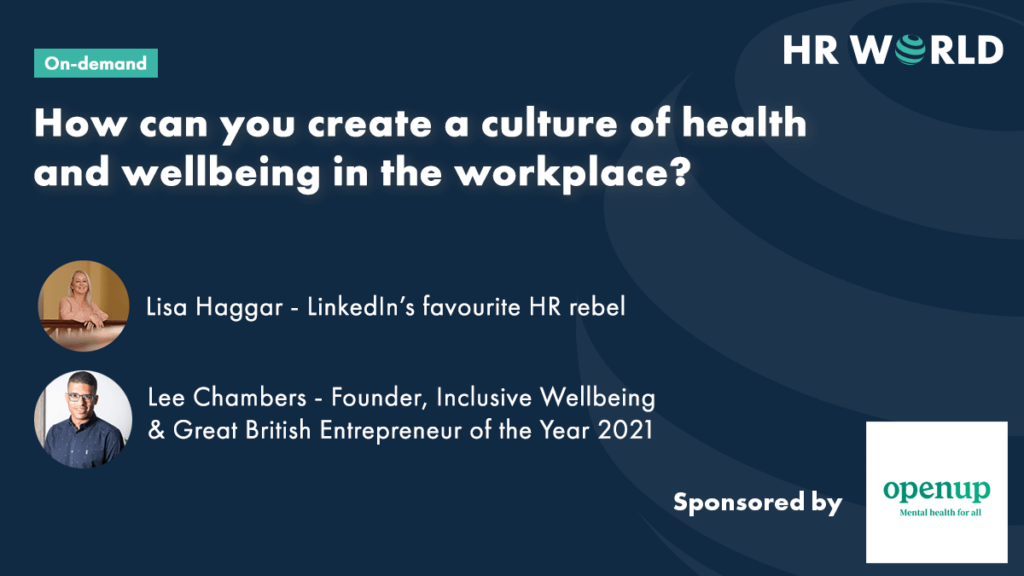Home » Knowledge Hub » HR Strategy » Flexible working policies must prioritise mental health
Flexible working policies must prioritise mental health
07 February 2022 HR Strategy

Now we’ve reached the end of two months of government guidance to work from home, businesses are once again moving forward with their hybrid strategies.
Whilst I’m a huge advocate for flexible working, I’m also particularly cognisant of the need to prioritise employees’ mental health within that.
What we’ve seen over the last two years is that while many more senior employees, often those with families, have welcomed the opportunity to work from home, a lot of young people have struggled.
At a formative point in their career, they have been unable to access face-to-face training, had little direct contact with managers, and missed out on social interaction with colleagues.
Many graduates and apprentices have been working and living within the same four walls, with some even making do from their beds. It’s no surprise that this has taken a toll on mental health.
In our own research with small and medium businesses, almost half (48%) said that employee health and wellbeing was now a top priority.
This highlights a greater focus on supporting employees and ensuring their welfare is sustained – something that must remain front of mind as companies evolve their flexible working policies.
Cherishing staff
Prioritising colleague wellbeing has been at the heart of our approach at Sage over the last two years.
Both at the height of the pandemic, when all our colleagues were working remotely, and since we’ve moved to a hybrid model for how, where and when we work.
One of the four principles underpinning our new approach is ‘human connection’, as we know that the Sage culture really thrives when teams come together.
That connection is equally important when it comes to maintaining colleague wellbeing.
As part of our new approach, we’re reimagining our offices as ‘work hubs’ that enable colleagues to collaborate and innovate – or find a quiet, comfortable space if they struggle to do that at home.
Crucially, we’re also including meditation and wellbeing areas to encourage quiet time away from work.
Offering flexibility
More broadly, we’re offering colleagues the opportunity to work away from their home country for up to 10 weeks per year to further support their wellbeing and provide more flexible options to balance work and travel.
The focus on flexibility must, of course, be balanced with the need to support customers and internal stakeholders.
So, each team is empowered to build a hybrid team agreement that is based on sustaining high performance whilst enabling a way of working that supports colleagues’ wellbeing and individual circumstances.
It’s also important that we move the conversation about flexible working beyond solely talking about where people work.
When and how they work is equally important, and companies should consider how different working patterns – be that part time, compressed hours or job share – can also enable them to offer greater flexibility and support employees’ wellbeing.
Finding that balance
Ultimately, companies must prioritise finding ways of working that strike a balance and deliver the best outcomes for the business, its customers, and its people.
The employment market is markedly different from its pre-pandemic state, with both the ‘Great Resignation’ and the resulting war for talent reshaping the landscape.
With more vacancies in the UK than ever before, the power balance has tipped towards workers.
What’s more, Generation Z is now the biggest population in the employment market, and it will be particularly crucial to keep this group of people happy to attract the best talent in the future.
As businesses, we must harness this moment to prioritise mental health for employees, and especially for young people starting out in the workplace.
This is a pivotal moment as we move into this next phase and will also form an important part of retaining the best talent.
The organisations that will win the increasingly fierce competition for talent – and hold onto that talent – are those that can successfully embed more flexible working models that sustain high performance while supporting work/life balance and employee wellbeing.


